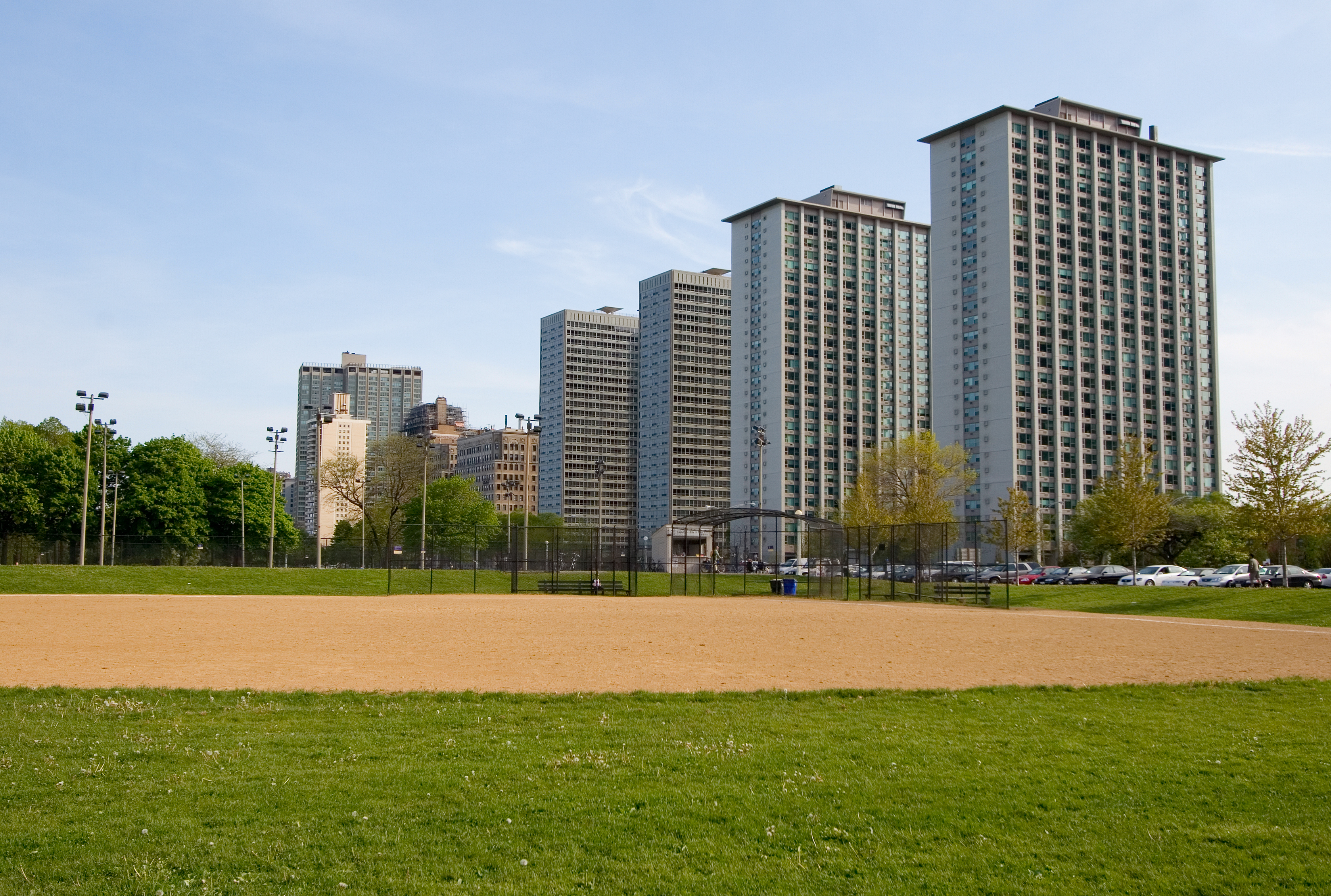If you think that Autumn and Winter only carry the usual slips and trips risks, think again. It is important to understand and prepare for seasonal risks - like package and post theft due to festive season online shopping, and fire hazards from fairy lights - by implementing proper risk managment techniques
Understanding seasonal risks
Whether it be Autumn leaves or Winter snowfall, be sure to consider the following seasonal risks:
Leave, Snow and Ice risks
Extreme Cold Risks
Communal Area Risks
Implementing proper risk managment
Keeping these seasonal risks in mind, it is important to use risk managment techniques to counter potential hazards and decrease the chance for liability issues.
Leaves, Snow and Ice risk managment
Extreme Cold risk managment
Communal Areas risk managment

